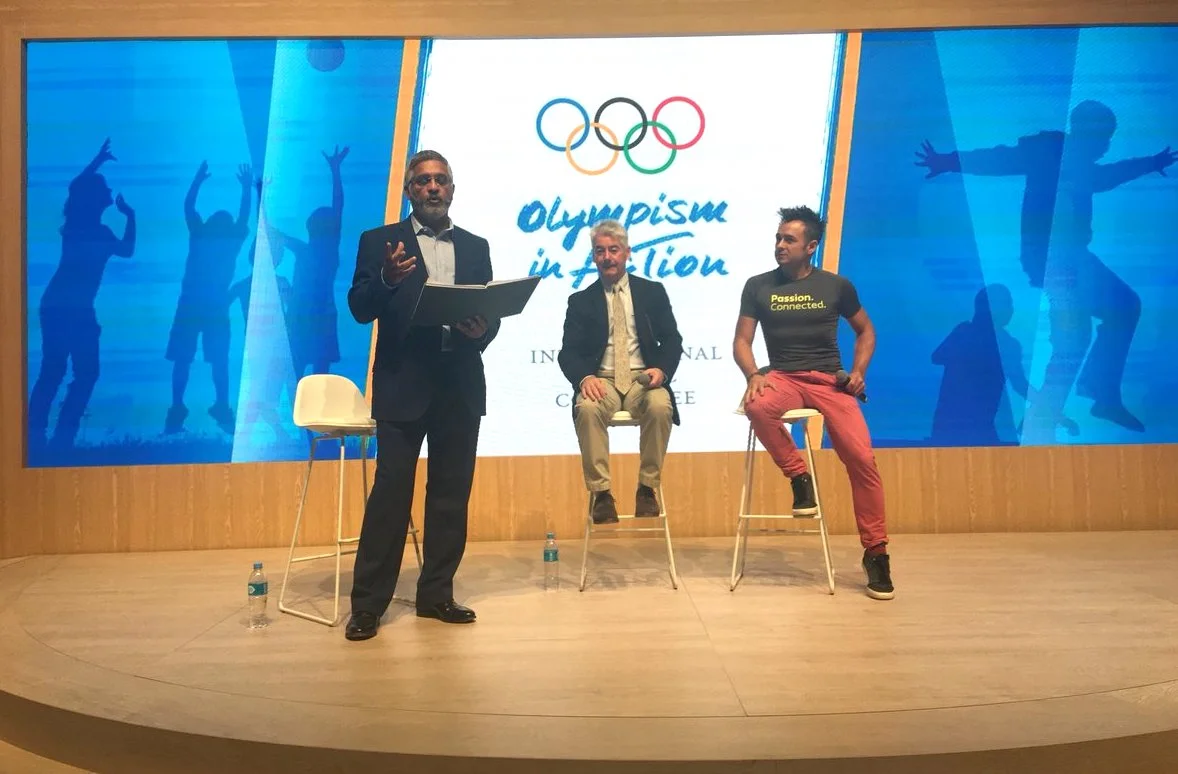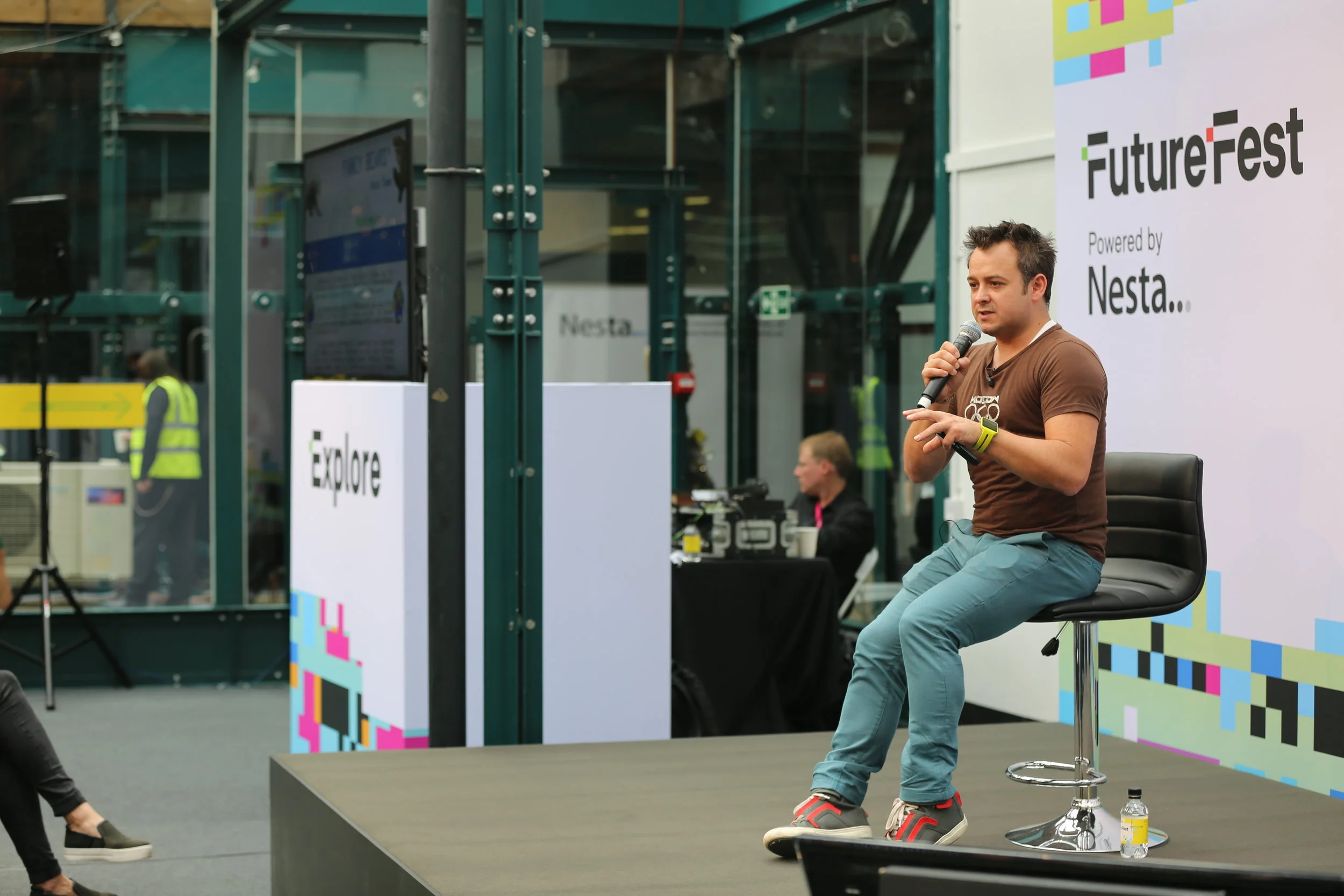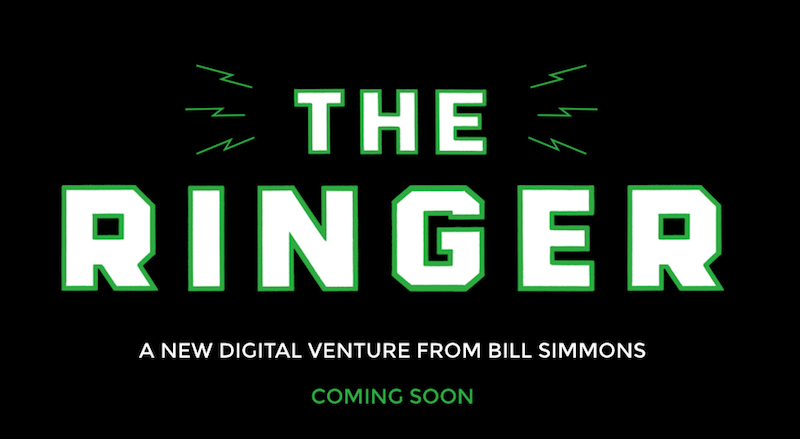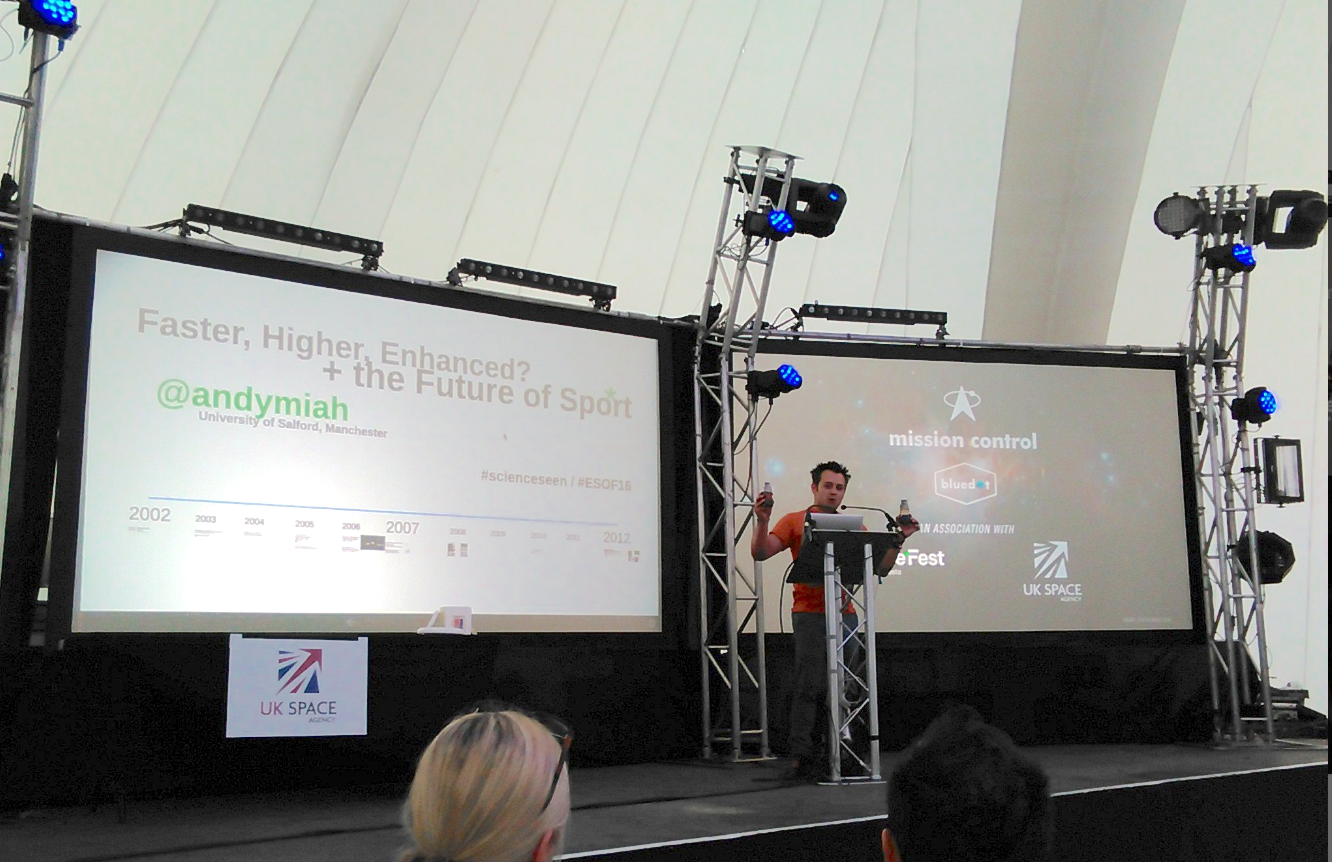
Make it stand out
What’s been happening?

Olympism in Action

Higher, Faster, Enhanced?

Neurodoping is the next big thing

Anti-Doping has a bigger problem than they realise

Is the Olympic Ideal over? (No)

BlueDot Festival

Should blood doping be legal in sport

Anti-Doping is set up to fail

